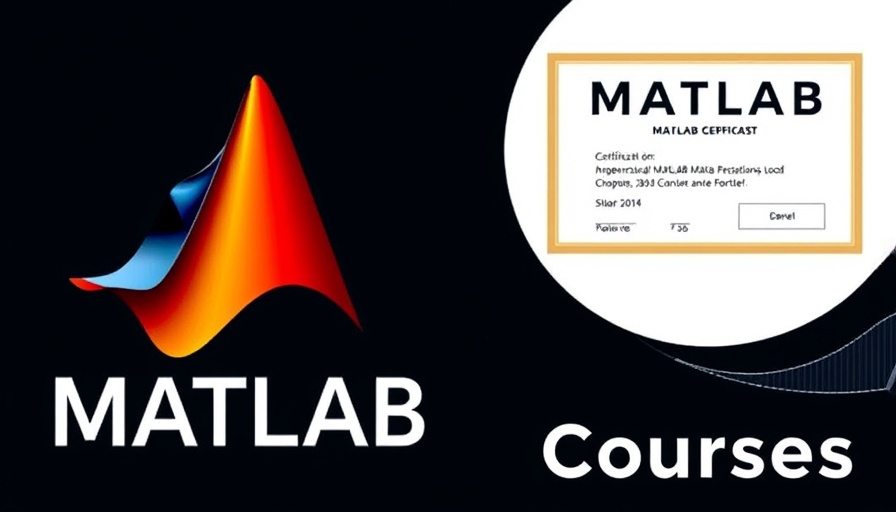
Coursera's Shift: The End of Free Learning?
In July 2025, Coursera made a pivotal move that may mark the end of an era in online education. The introduction of a new Preview Mode has left many questioning the future of free learning on the platform that once pledged to make the "best education in the world freely available." With this feature, access to course materials appears to be significantly restricted, allowing students to explore only the first module before hitting a paywall. As a platform that earned its prominence through accessibility, this transition is a stark departure from its founding principles.
A History of Accessibility in Online Education
Since launching in 2012, Coursera’s mission focused on democratizing education. Initially, all course content was accessible for free, with no strings attached. For years, learners rejoiced in the opportunity to learn from esteemed institutions like Stanford and Yale without financial burden. However, as the company transitioned its business model to adapt to market demands, including subscription plans and certificate fees, the free access remained largely intact until now.
The Implications for Learners Worldwide
The unwavering growth of online education platforms has been grounded in their ability to provide resources to those who might not otherwise afford them. According to a recent survey by Class Central, over 90% of learners appreciate the opportunity to audit classes for free. With Coursera's new paywall, the landscape of accessible education may dramatically change, and many students, especially those from low-income backgrounds, could be left without adequate learning resources.
What’s Next for Online Learning?
This latest change raises several questions. Will other platforms, like edX or FutureLearn, follow suit in limiting course access? As a growing number of people turn to AI tools for education, such as ChatGPT for education, the reliance on traditional MOOCs might wane if these platforms become less accessible.
The Role of AI in Education
In an age where AI tools for business and productivity AI tools are reshaping workflows, educators and learners may need to explore alternative learning solutions. AI applications stand poised to fill the gaps left by more restrictive educational platforms, providing tailored learning experiences that adapt to individual needs. While Coursera's move suggests a narrowing of academic freedom, the advancement of AI in education may present a more flexible approach to learning.
Final Thoughts: A Call for Reflection
As we witness this significant transition, it's crucial to reflect on what free education means in today's digital world. Are we prioritizing profits over educational accessibility? As Coursera's monetization strategies evolve, the broader community of online learning may need to take stock and consider its values moving forward. This could be a moment for learners to advocate for their rights to access education and push for programs that remain committed to inclusivity. The spotlight is on Coursera and its commitment to its original ethos.
 Add Row
Add Row  Add
Add 





Write A Comment